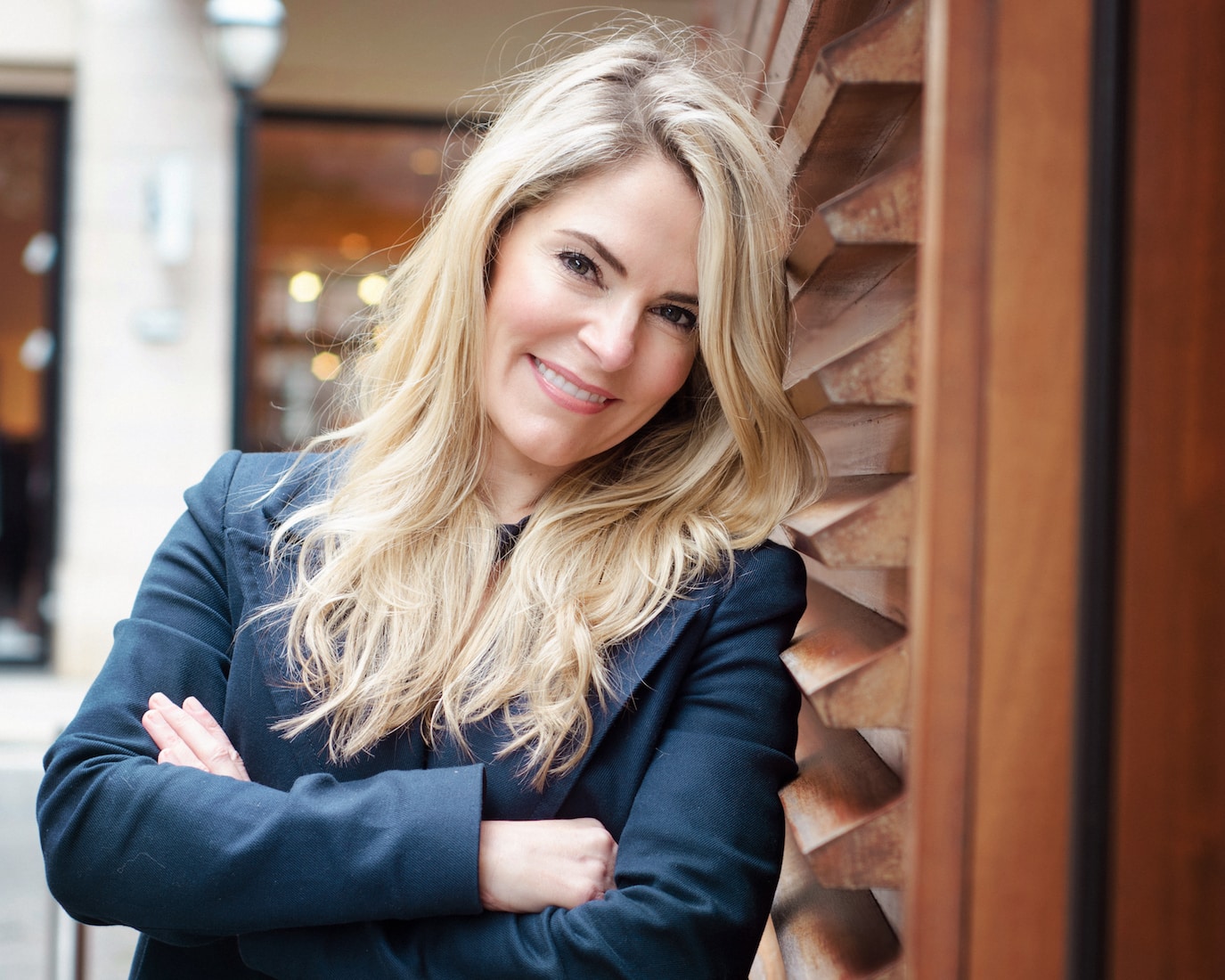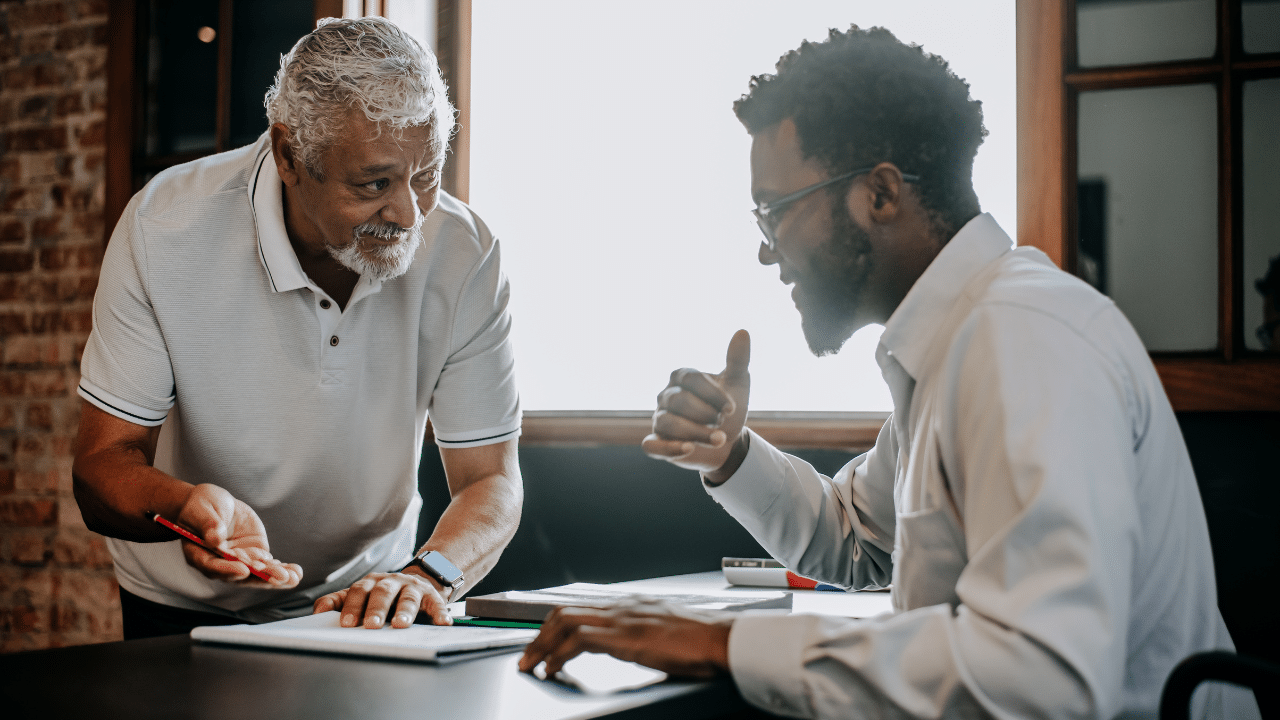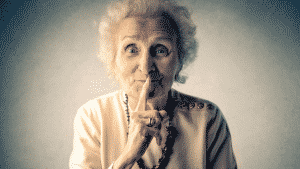Imagine being 85 or 95 years old, surviving a natural disaster like wildfires, hurricanes, or earthquakes, and facing the immense challenge of grieving your losses while navigating emotional and psychological recovery.
Older adults often show remarkable resilience, but unique challenges like chronic health conditions, isolation, and cognitive vulnerabilities can complicate the recovery process.
In this episode, I discuss how to support older adults following disasters, highlighting common reactions, risk factors, and effective strategies for fostering psychological recovery.
Key Takeaways
- Common Reactions to Catastrophic or Traumatic Event: Emotional, cognitive, physical, and behavioral responses older adults may experience after a disaster, and how these differ from typical stress reactions.
- Vulnerability Factors: Chronic health conditions, social isolation, and financial challenges that can exacerbate distress.
- Resilience in Older Adults: How past experiences often enhance older adults’ ability to recover.
- Practical Strategies: Building trust, fostering community connections, accessing resources, and recognizing when professional mental health care is needed.
- Resources for Support: Key tools like SAMHSA’s Disaster Distress Helpline and local Area Agencies on Aging.
Articles & Resources
- Trauma-Informed Care with Older Adults Guide
- Helping Older Adults After Disasters: A Guide by SAMHSA
- Differentiating Acute Stress Disorder (ASD) from Post-Traumatic Stress Disorder (PTSD) and Unique Considerations for Older Adults
- Helping Older Adults Prepare for Disasters: Essential Resources & Tips
- SAMHSA Disaster Distress Helpline: 1-800-985-5990
- National Crisis Hotline for Mental Health: 988
- Find Your local Area Agency on Aging
Subscribe and Leave a Review
If you enjoyed this episode, please subscribe, leave a review, and share it with a colleague or friend. Together, we can ensure older adults are included in the mental health conversation.
Follow Dr. Regina Koepp
- Website: www.drreginakoepp.com
- Center for Mental Health & Aging: mentalhealthandaging.com
- LinkedIn: Regina Koepp, Psy.D.
It’s only with your help that we can meet the mental health needs of older adults. So, thank you for being here and doing your part.






